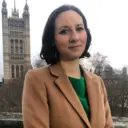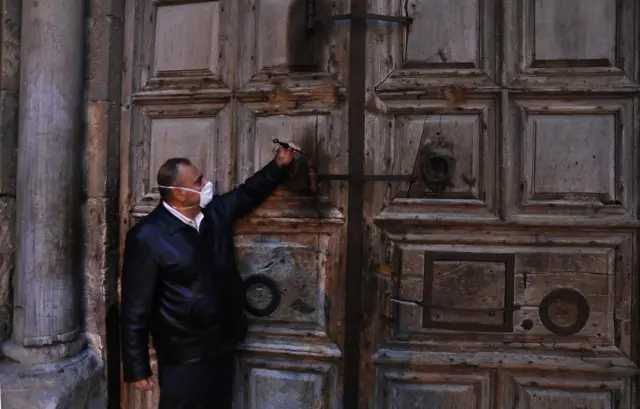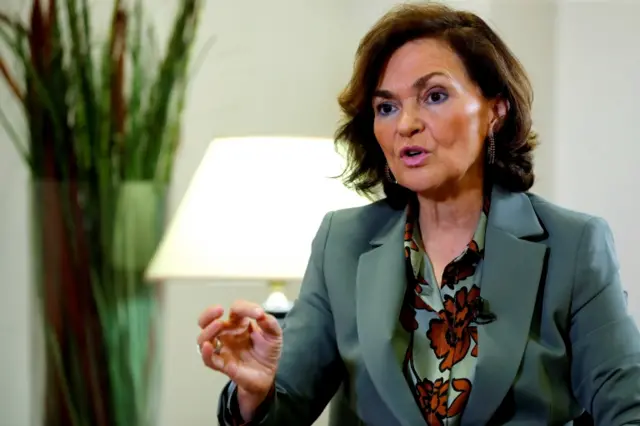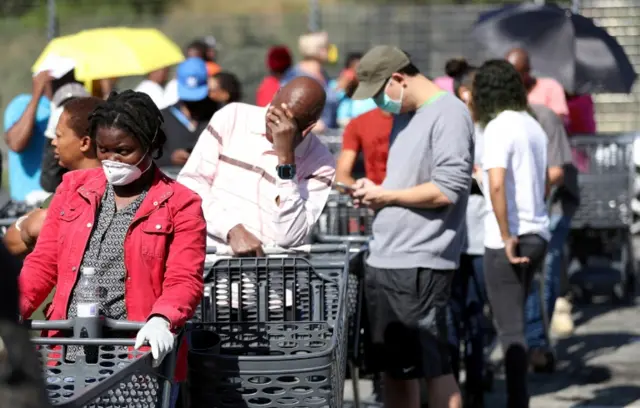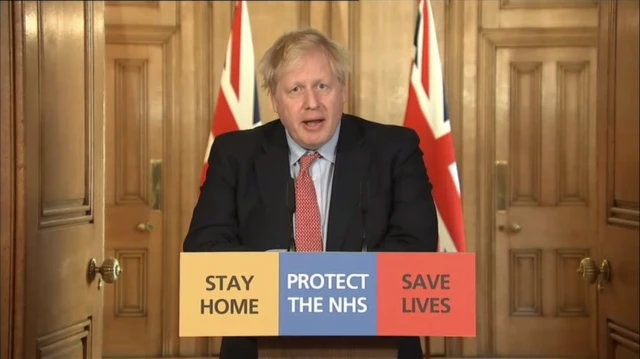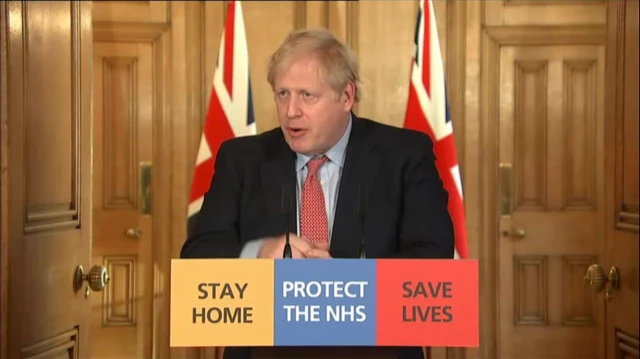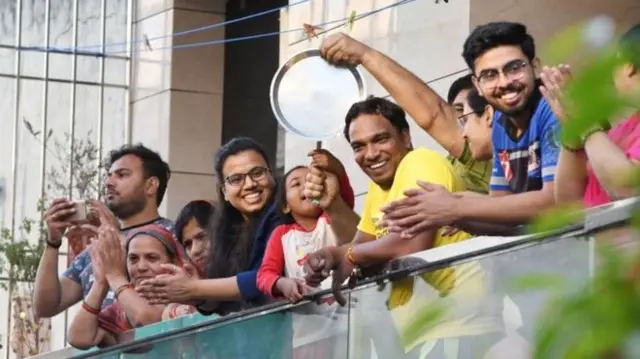NHS worker makes emotional 'stay at home' pleapublished at 18:10 GMT 25 March 2020
An NHS worker's emotional plea for people to stay at home has been shared thousands of times.
In an emotional video, Chanice Cushion says she will leave her family home to protect her mother-in-law who has an underlying condition.
"I really thought I could put across to people you really need to stay indoors - this is serious," she tells the BBC.
